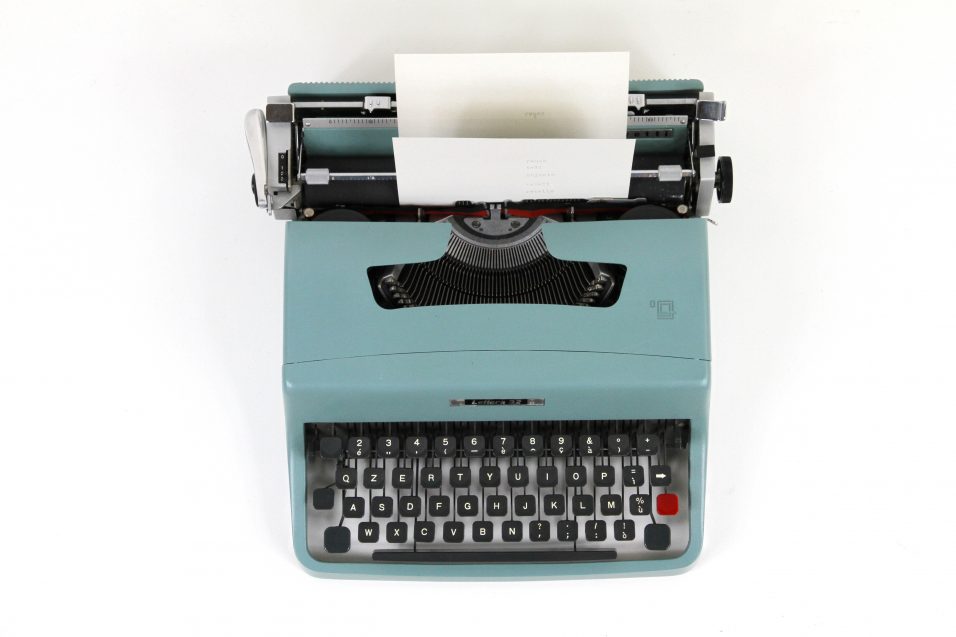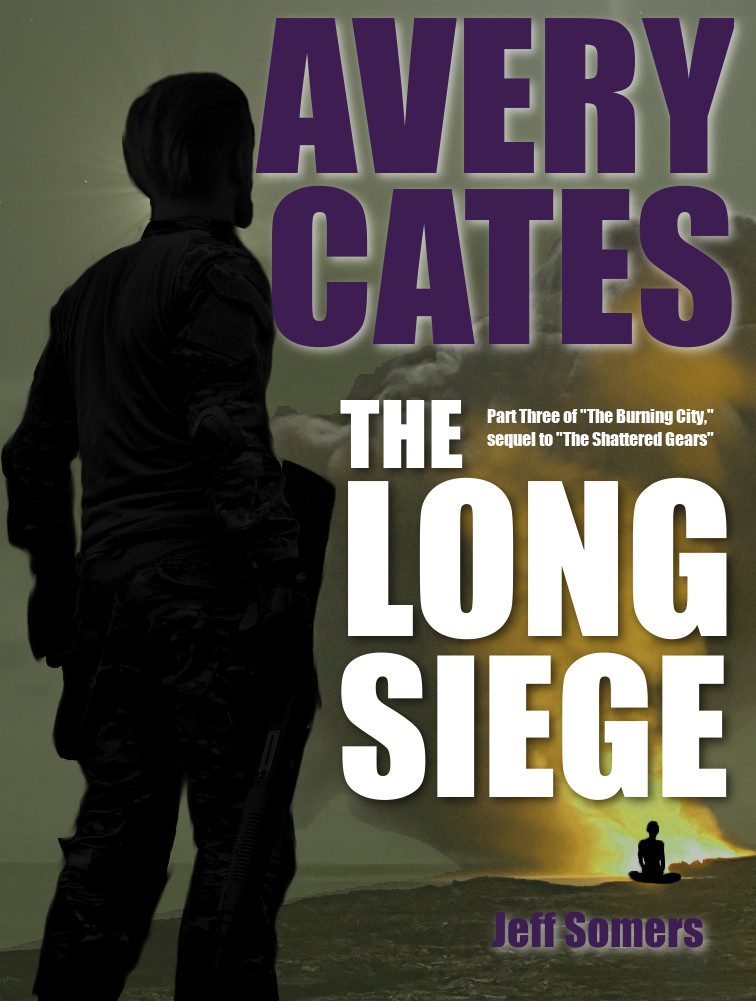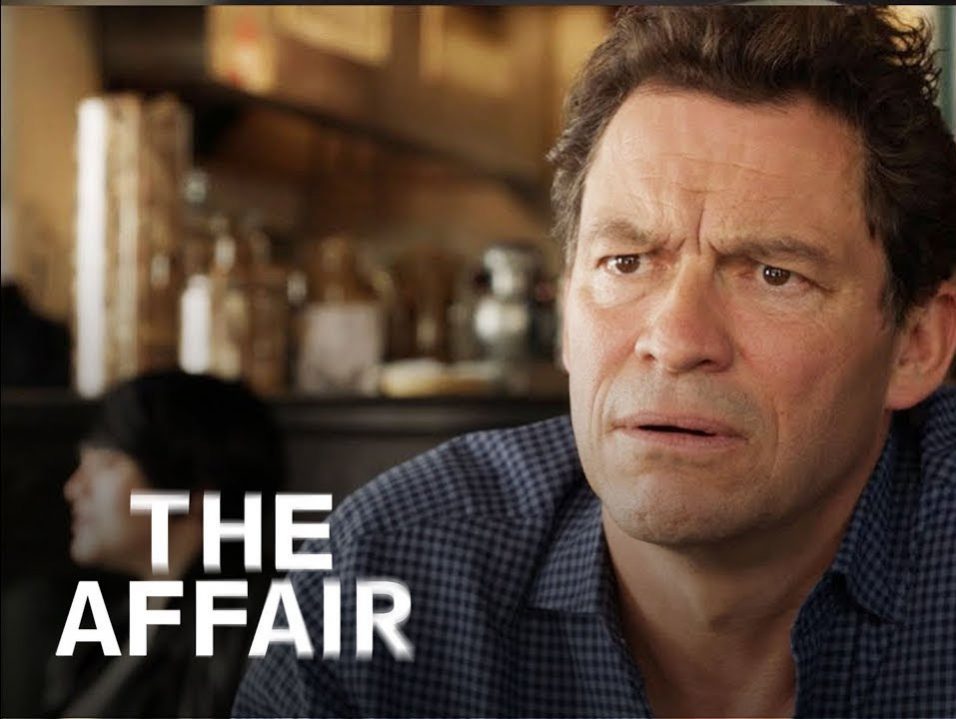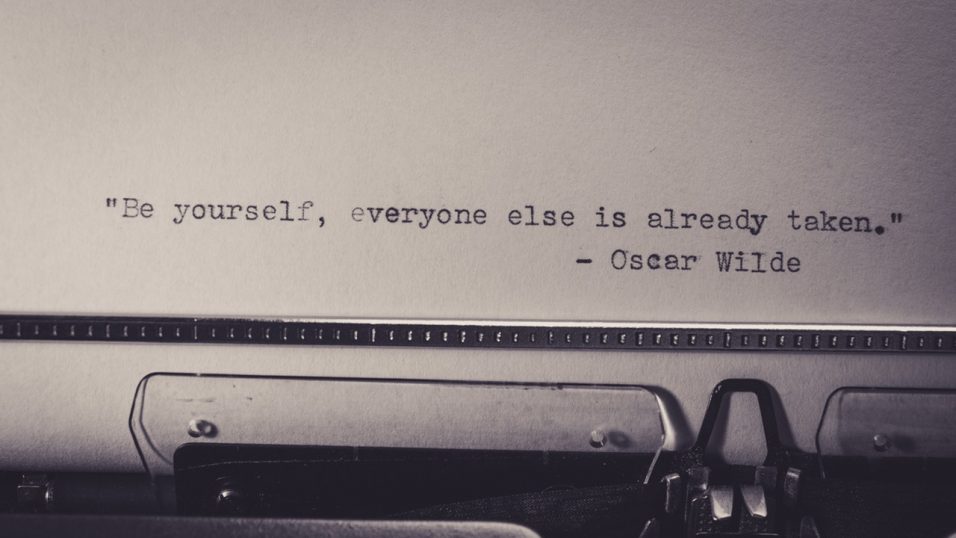Nevertheless, Persist

Sometimes lost in the tumultuous infinite conversation about writing–how to write, what to write about, how to sell the things you write–is the most fundamental thing of all: Persistence.
At the core, it doesn’t matter how you do it. Write every day? Write every other week? Write for 24 hours straight every Leap Day? It doesn’t matter. Not really. And it doesn’t matter what you do with your writing, not really. Submit it, self-publish it–whatever.
The most important thing is that you persist.
Exactly Zero
Giving up is the easiest thing in the world. You can give up micro and quit on a novel or story that isn’t cooperating. You can give up macro and walk away from writing altogether, frustrated and disillusioned. But as I am (overly) fond of saying, you publish exactly zero of the things you don’t finish, and if you give up, you won’t finish a goddamn thing.
Now, I’m one of those annoyingly cheerful writers who just enjoys it. I enjoy writing stories and novels, even when they suck (and they frequently do). I enjoy writing essays and blog posts and the mysterious unsettling things people pay me freelance monies to write. It’s my favorite activity, even when it’s going poorly.
But I know writers who don’t necessarily feel that way. They enjoy being creative, and they are driven to tell stories, but the actual writing isn’t always–or even usually–fun for them. So when it’s going poorly they start to think about giving it up. Maybe for a while, a vacation. Maybe forever.
But … you publish zero of the books you don’t finish. And you finish zero of the books you don’t start. If you think you might want to see your story in print somewhere, you’re going to have to persist.
And here’s the thing: If you persist, if you keep at it, you will finish things. Maybe not a lot of things, and maybe not to your satisfaction–but they’ll be finished. Which means you’ll be able to do something with them. Publish them, maybe. Or just enjoy the fact that you created something. Or pass them out to friends in a zine. You can do whatever you want, including ritualistically burn the pages/thumb drive while chanting something Sumerian that translates to a proffer on your soul to dark gods.
You can’t beseech dark gods unless you persist and finish your stories, is what I’m saying.
SO, whether it’s going well or going shitty, whether you’ve sold tons of stuff or still haven’t broken through, whether your current WIP is genius or a soggy loaf of fail–keep at it. If only for the sweet deal those dark gods are offering.









